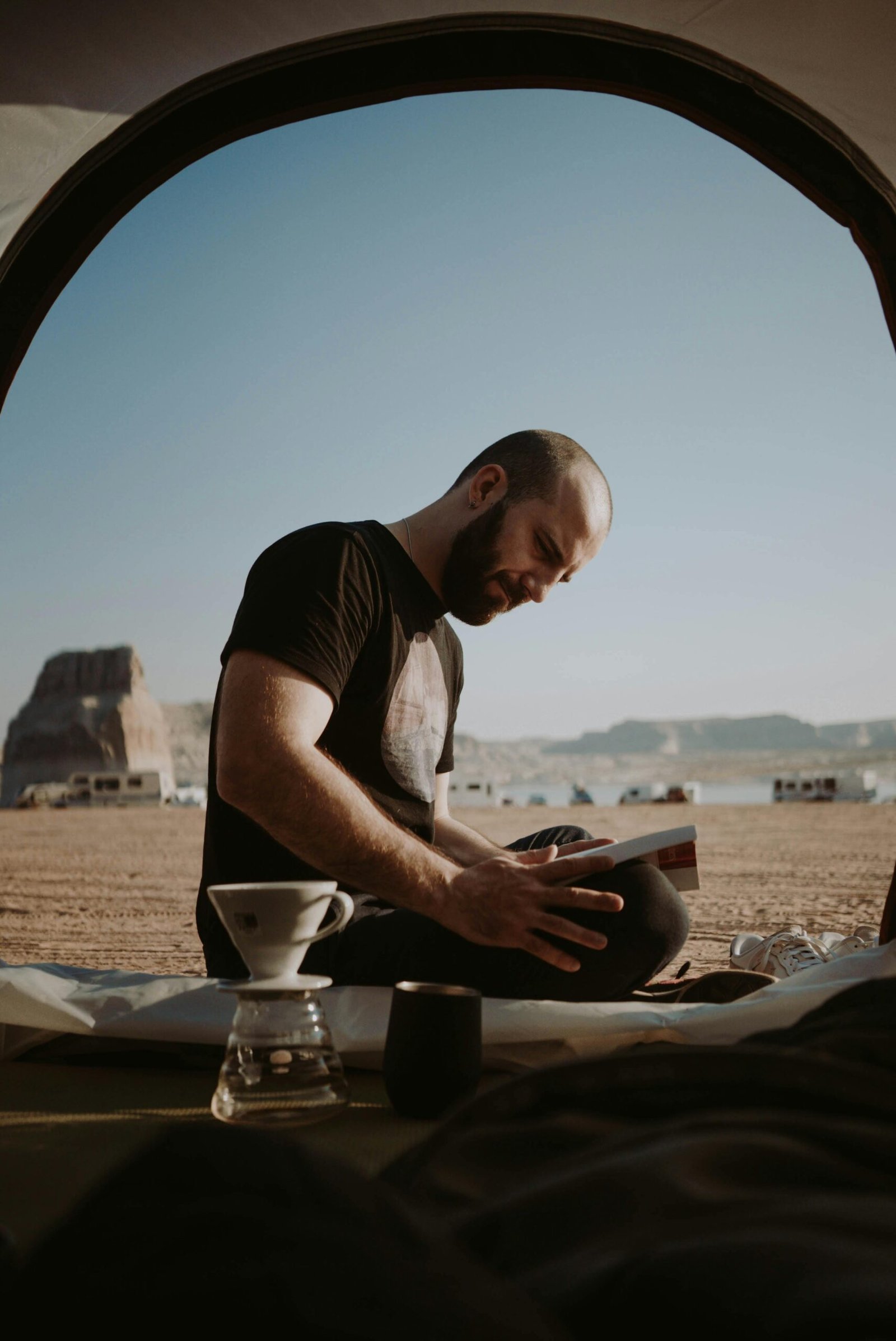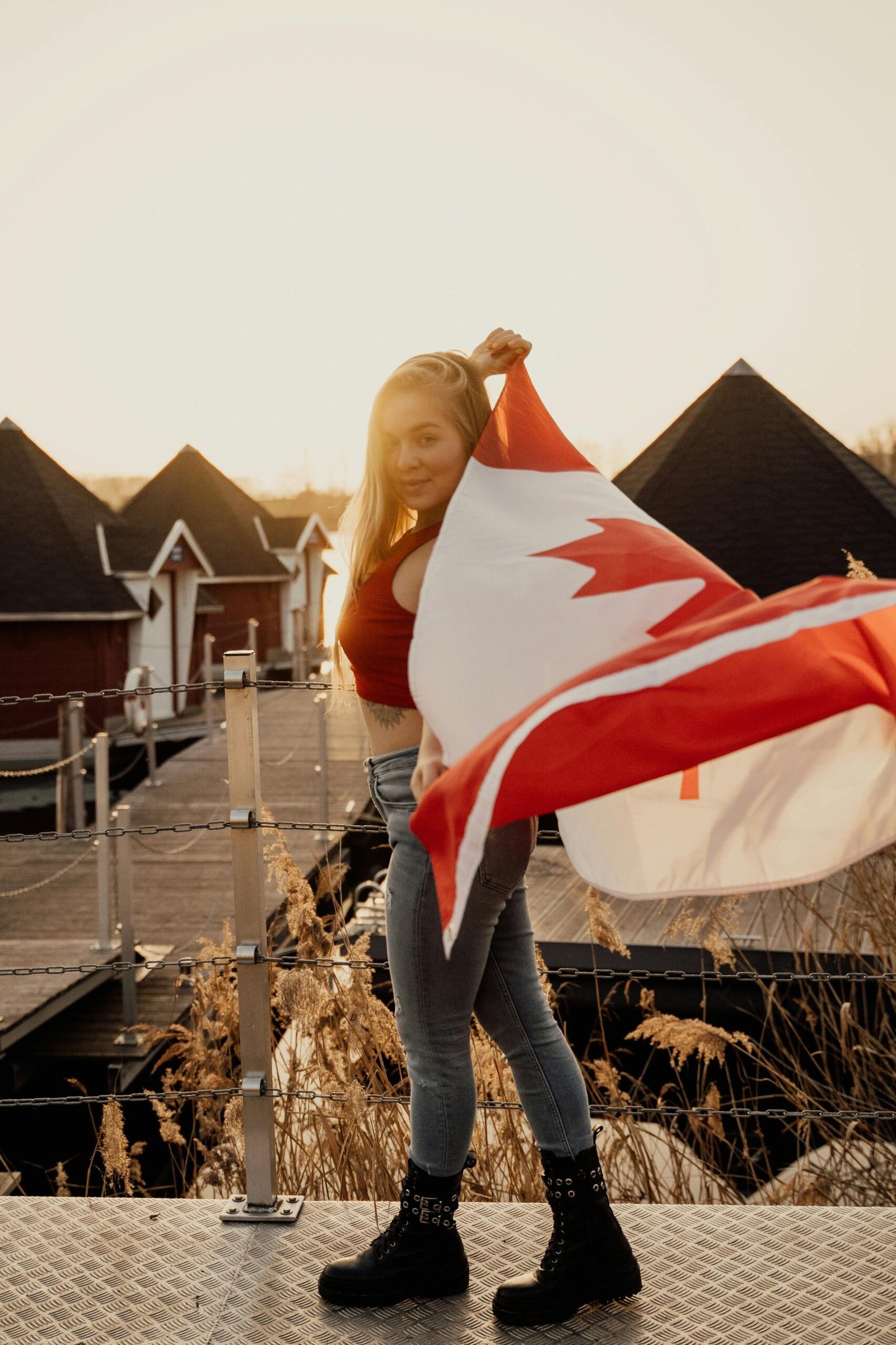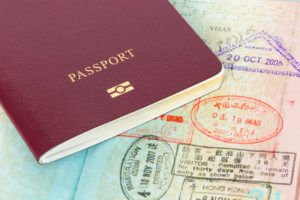Traveling abroad is a dream for many, but the cost can often seem prohibitive. However, with careful planning and strategic choices, it is entirely possible to explore the world without breaking the bank. In this guide, we’ll walk through tips and strategies to help you minimize expenses while maximizing your travel experience. Whether you’re a student, a budget traveler, or simply someone looking for an affordable getaway, these practical tips can make your dream trip a reality.
1. Choose Budget-Friendly Destinations
One of the most effective ways to travel abroad with minimal expenses is to be strategic about where you go. Some countries have a lower cost of living, which translates into cheaper accommodation, food, transportation, and activities for tourists
Next page for more
Southeast Asia: Countries like Thailand, Vietnam, Cambodia, and Indonesia are known for offering incredible value for money.
Eastern Europe: Nations like Hungary, Romania, and Poland offer rich cultural experiences at a fraction of the cost of Western Europe.
South America: Countries like Bolivia, Peru, and Ecuador provide affordable travel options with breathtaking landscapes.
By choosing a destination where your currency stretches further, you’ll save on almost every aspect of your trip.
2. Travel During the Off-Season
Timing is everything when it comes to budget travel. Traveling during the off-season can significantly reduce costs, as airfare, accommodation, and even tours are often cheaper when there are fewer tourists. Off-season doesn’t necessarily mean bad weather—many destinations still offer pleasant climates during their less popular months.
For example:
Europe: Travel in the spring (March to May) or fall (September to November) to avoid summer crowds and higher prices.
Tropical destinations: Avoid peak holiday seasons like Christmas, New Year, and spring break to take advantage of lower rates.
3. Book Flights Strategically
Airfare can be one of the largest expenses of international travel, but there are ways to find cheaper tickets.
Use flight comparison tools like Google Flights, Skyscanner, or Kayak to compare prices across multiple airlines.
Be flexible with your dates. If you’re open to flying midweek or at odd hours, you may find better deals.
Consider budget airlines for shorter flights. While budget airlines like Ryanair (Europe) or AirAsia (Asia) may have fewer amenities, they often offer rock-bottom fares.
Use airline miles or credit card points to reduce the cost of flights. Many travel reward credit cards allow you to earn points that can be redeemed for flights, hotels, and more.
4. Opt for Budget Accommodation
Accommodation can take up a large portion of your travel budget, but there are plenty of affordable options if you know where to look.
Hostels: Hostels are a staple of budget travel, especially in Europe and Southeast Asia. They offer dorm-style rooms at very low rates, and many include free Wi-Fi, kitchens, and communal areas to meet other travelers.
Guesthouses and homestays: These can provide a more local and authentic experience at a lower price than hotels.
Airbnb: If you prefer more privacy or want a kitchen to cook your own meals, Airbnb offers a range of options from private rooms to entire homes.
Couchsurfing: If you’re really looking to save money, consider Couchsurfing, a community of travelers offering free accommodation on their couches or spare rooms.
5. Eat Like a Local
Food is an integral part of the travel experience, but it can also be a major expense if you eat at tourist-focused restaurants or hotels. To minimize costs, follow these tips:
Eat street food. In many countries, street food is not only affordable but also delicious and reflective of the local culture. Markets and street stalls offer meals at a fraction of the cost of restaurants.
Shop at local markets for fresh produce, snacks, and meals. You can often buy ingredients to prepare your own meals if you have access to a kitchen.
Avoid tourist restaurants. The closer a restaurant is to major tourist attractions, the more likely it is to be overpriced. Look for places where locals eat to find the best deals.
Take advantage of free breakfasts at hostels or hotels. Many accommodations include breakfast, which can save you money on at least one meal per day.
6. Use Public Transportation
Transportation can be another significant expense, especially if you rely on taxis or private transfers. Instead, opt for public transportation whenever possible.
Buses and trains are often much cheaper than taxis or rideshare services, and they give you the chance to experience the country like a local.
Ride-sharing apps like BlaBlaCar (popular in Europe) allow you to share a ride with other travelers for a fraction of the cost of a taxi or private car service.
Walk or bike whenever possible. Not only will you save money, but you’ll also have a more immersive experience exploring your destination on foot or by bike.
7. Take Advantage of Free Activities
Many travelers overlook the wide range of free or low-cost activities available in most destinations. Instead of splurging on expensive tours and activities, seek out budget-friendly options.
Free walking tours are offered in many major cities. These tours are typically run by local guides and are tip-based, allowing you to decide how much to contribute based on your experience.
Museums and cultural sites often have free or discounted admission on certain days or during specific hours.
Outdoor activities like hiking, visiting public parks, or going to the beach are often free or very low-cost and offer memorable experiences.
8. Limit Souvenir Shopping
While it’s tempting to bring back souvenirs for yourself and your loved ones, these purchases can quickly add up. If you do want to buy something, opt for locally made products that support the local economy rather than overpriced items from tourist shops.
A few tips for keeping your souvenir costs down:
Set a budget for souvenirs and stick to it.
Prioritize practical souvenirs that you’ll actually use, such as clothing or home goods, instead of items that will gather dust.
Buy local. Handmade, locally produced items are often more affordable and have more cultural value than mass-produced trinkets.
9. Stay Connected Without High Roaming Charges
Using your phone abroad can be expensive due to roaming charges. To avoid these fees, consider the following:
Use free Wi-Fi whenever possible. Many cafes, restaurants, and public places offer free Wi-Fi, so you can stay connected without incurring extra costs.
Buy a local SIM card. In many countries, you can buy a prepaid SIM card with data for a fraction of the cost of international roaming fees.
Turn off data roaming and use messaging apps like WhatsApp or Telegram, which work over Wi-Fi for free international communication.
10. Look for Volunteer Opportunities
If you’re willing to trade some of your time for free accommodation, food, or experiences, consider volunteering. Many programs allow you to volunteer in exchange for room and board, allowing you to travel abroad with very minimal expenses.
Some popular platforms for finding volunteer opportunities include:
Workaway
WWOOF (World Wide Opportunities on Organic Farms)
HelpX
By volunteering, you can not only save money but also immerse yourself in the local culture and make meaningful connections with people from around the world.
Traveling abroad on a budget is entirely achievable with the right mindset and a few strategic choices. By selecting budget-friendly destinations, traveling during the off-season, and taking advantage of local options for accommodation, food, and transportation, you can make your travel dreams a reality without draining your bank account. Remember that some of the most enriching travel experiences come not from expensive activities but from engaging with local cultures, exploring new environments, and making meaningful connections with others. Safe travels!








